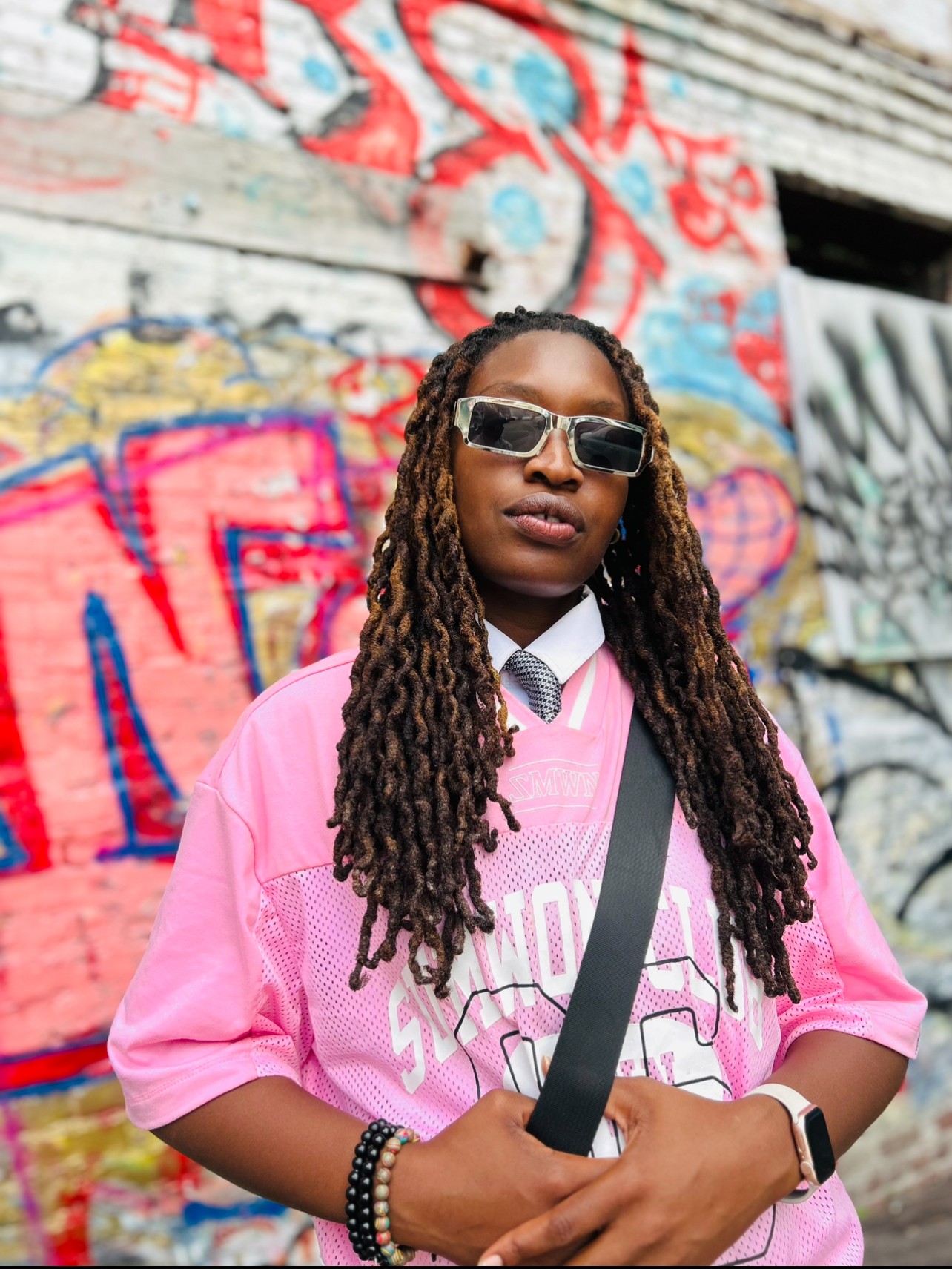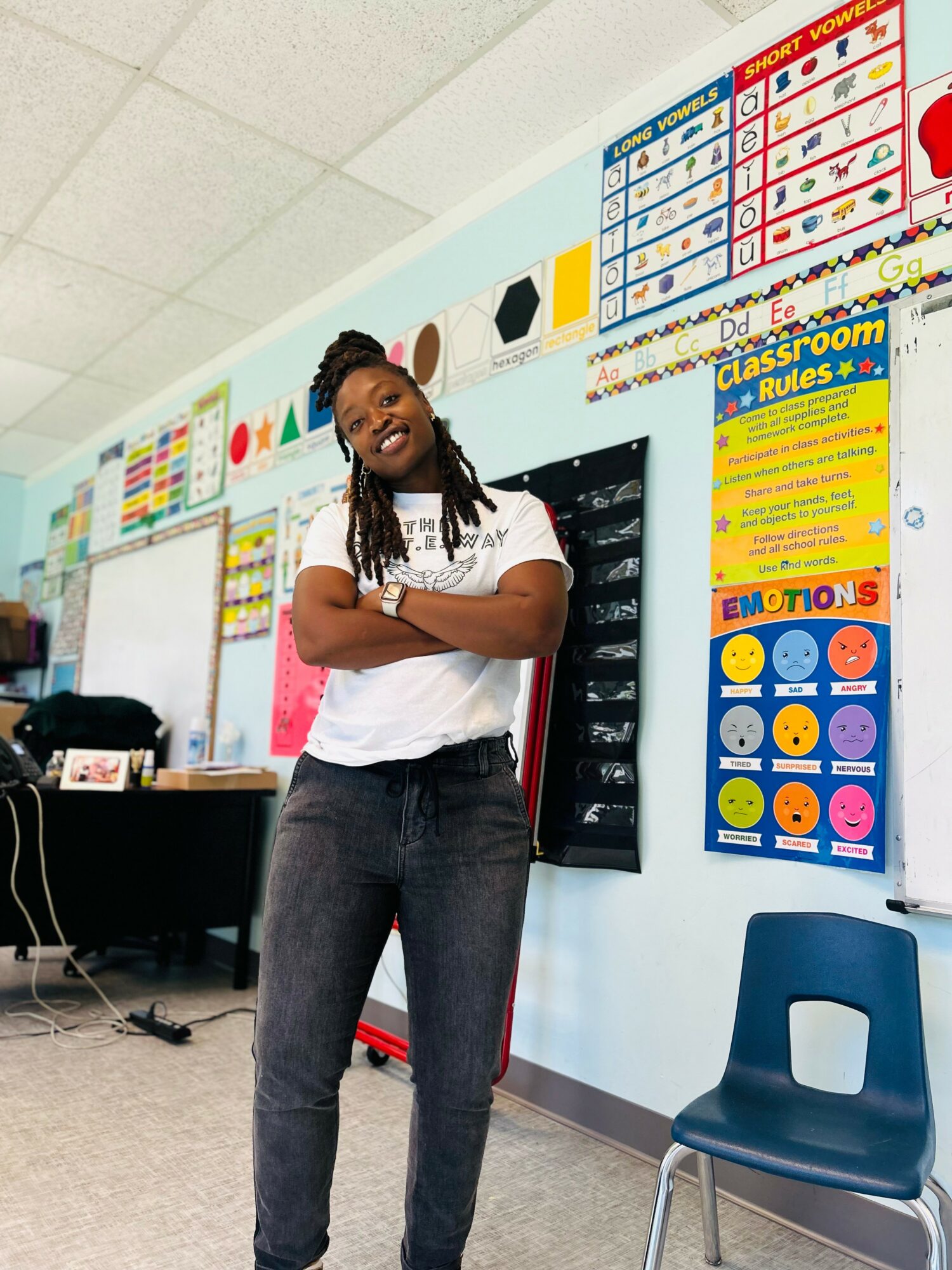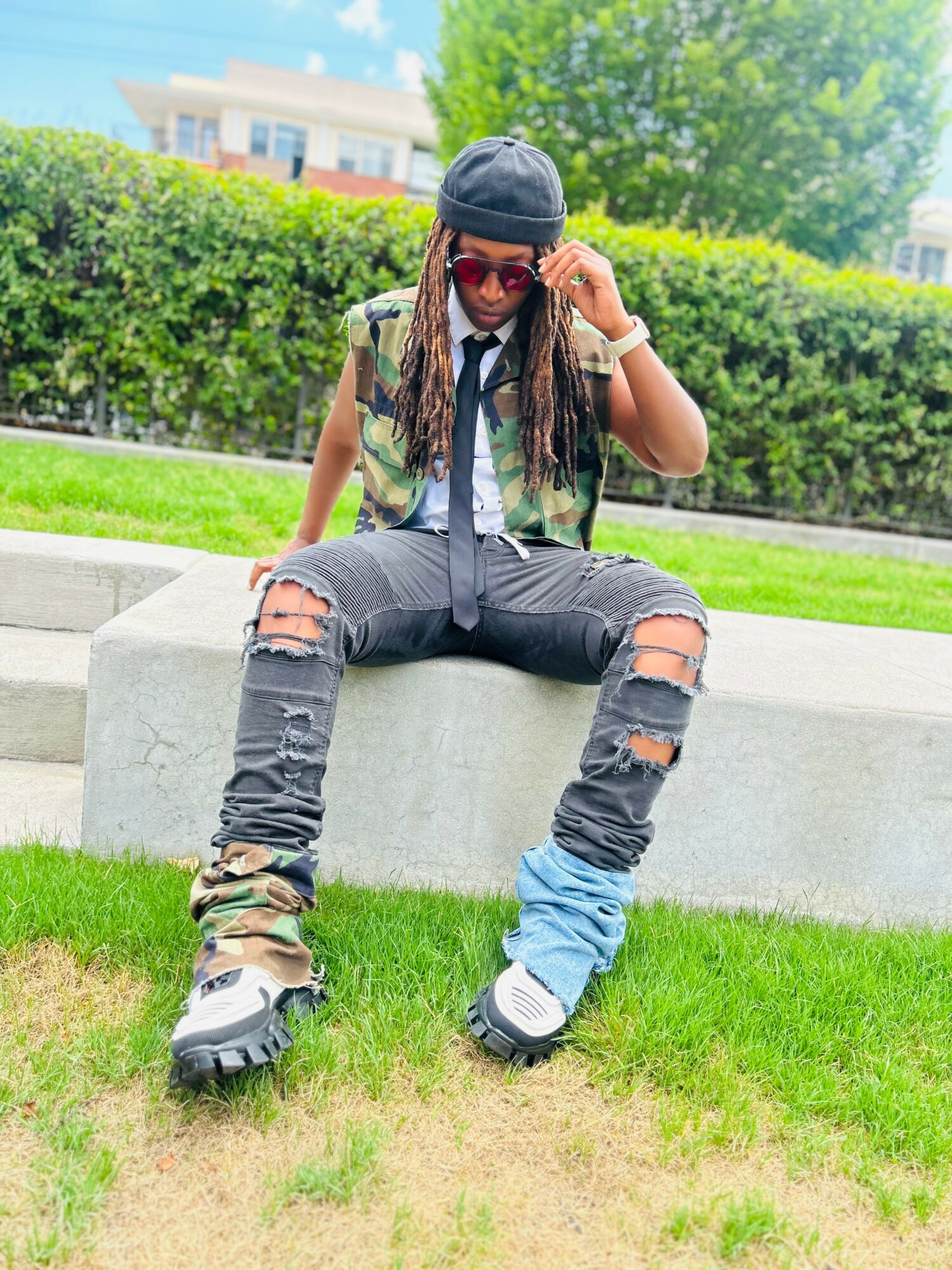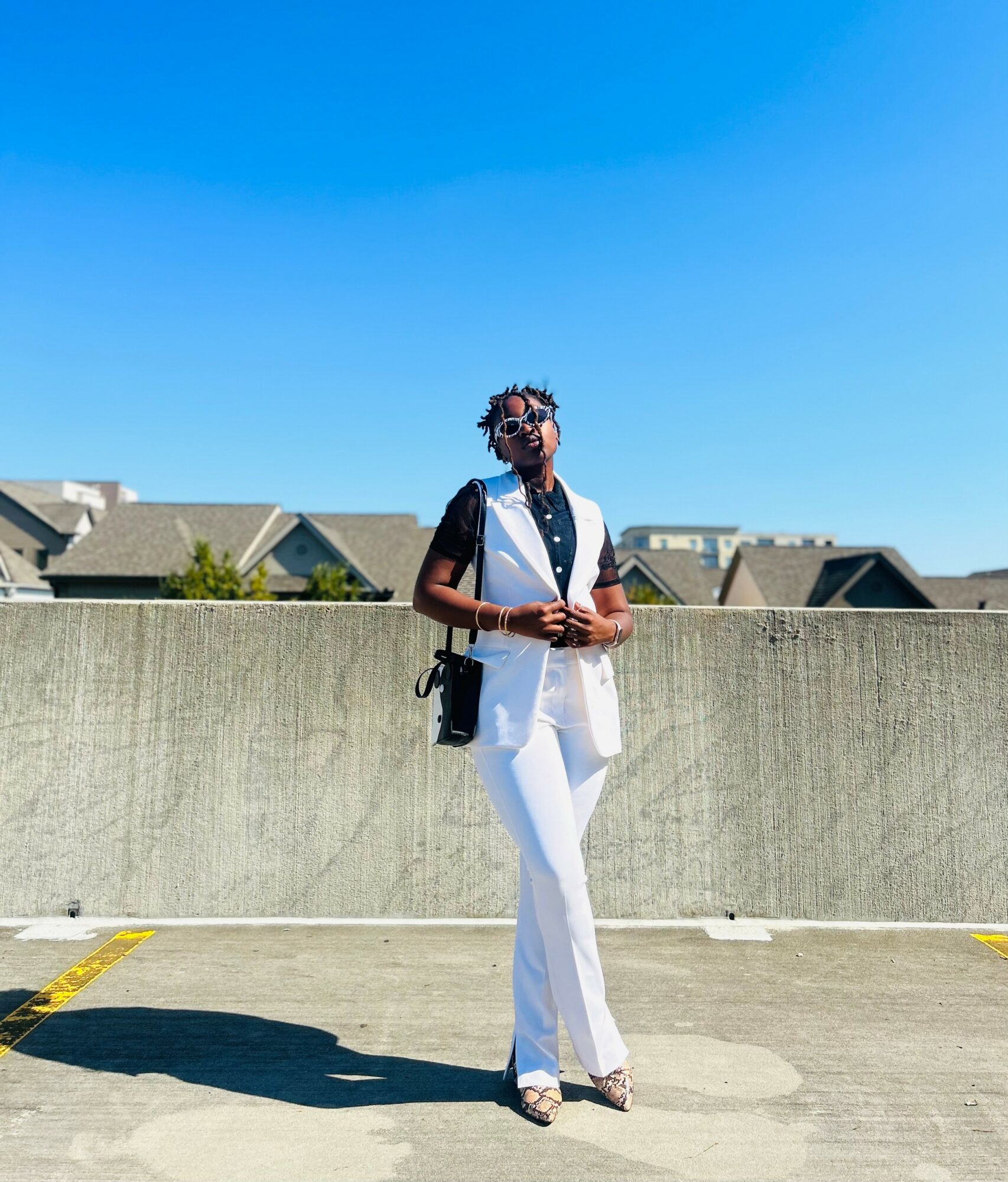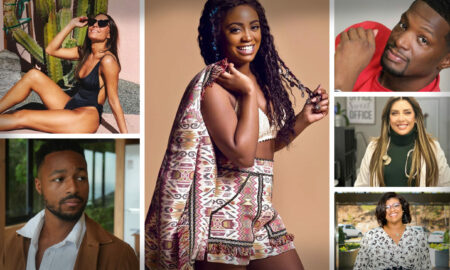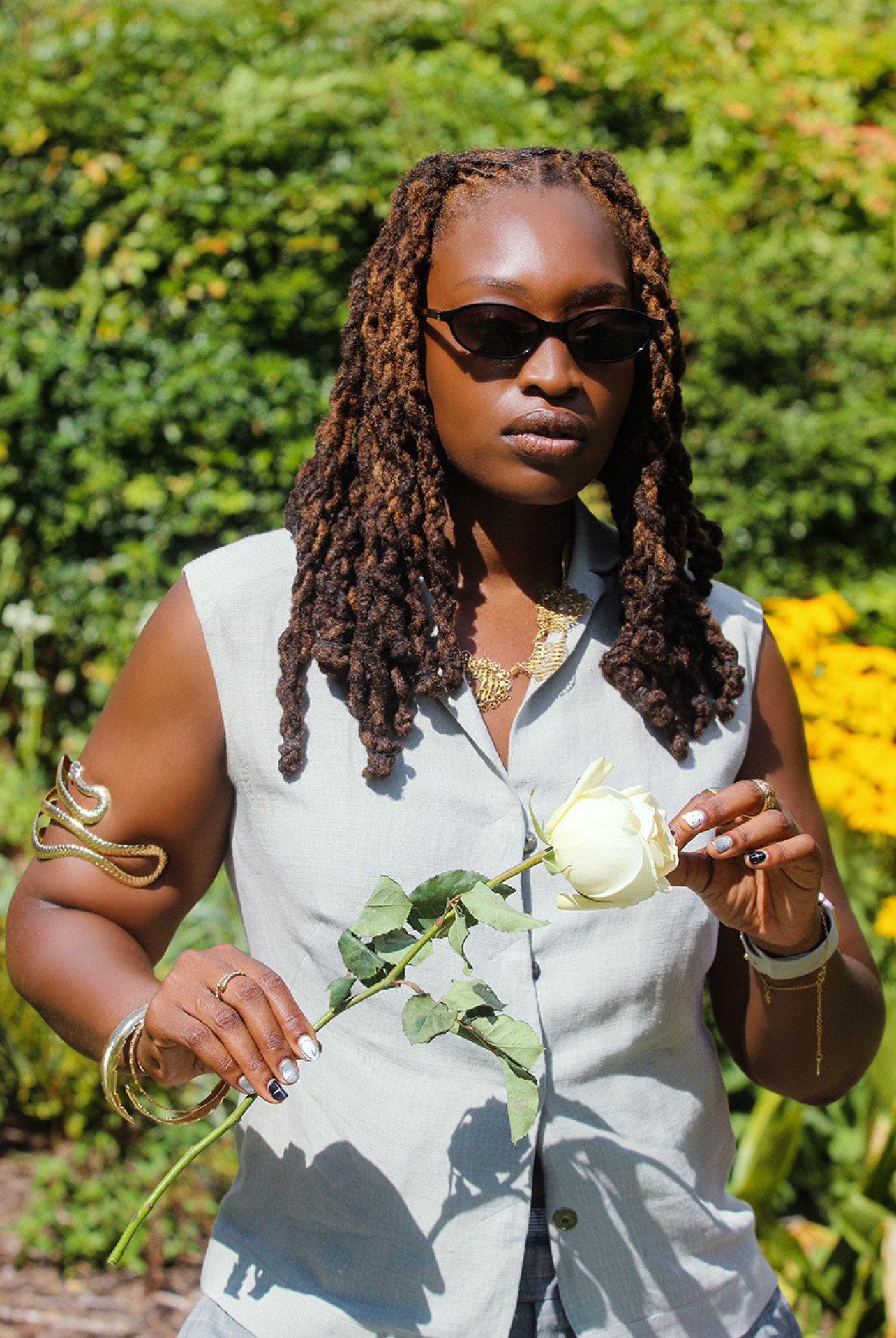

We recently had the chance to connect with Dania Henry and have shared our conversation below.
Dania, we’re thrilled to have you with us today. Before we jump into your intro and the heart of the interview, let’s start with a bit of an ice breaker: What is something outside of work that is bringing you joy lately?
Starting the Queer Perspectives: Then and Now Podcast has been a deeply fulfilling journey for me. It’s something I’ve dreamed of doing for a long time, and now that it’s finally happening, it brings me genuine joy. The podcast gives me a platform to amplify voices and stories from across the queer community, bridging past experiences with present realities. I believe it’s creating meaningful impact by sparking important conversations, honoring history, and offering a space where people feel seen and heard. Seeing listeners connect with the content reminds me why I started it in the first place. To uplift, educate, and build community through storytelling.
Can you briefly introduce yourself and share what makes you or your brand unique?
My name is Dania Henry, and I’m a passionate educator with nine years of experience in the classroom, currently teaching first grade. Beyond teaching, I co-host Queer Perspectives: Then and Now Podcast with my incredible co-host; a baby boomer, retired teacher, and proud queer woman. Together, we create space for meaningful conversations that bridge generational gaps within the LGBTQ+ community. We recently had the opportunity to be a part of a Black Lesbian Conference in Atlanta , where we celebrated how lesbians, masculinity, femininity, and queerness intersect in powerful and unique ways. Outside of the classroom and the podcast, I absolutely love fashion, styling, and expressing myself through how I dress. Looking good and helping others feel confident in their own style is something I truly enjoy. It’s another creative outlet that allows me to connect with others and uplift them in their authenticity.
Thanks for sharing that. Would love to go back in time and hear about how your past might have impacted who you are today. Who saw you clearly before you could see yourself?
The first person who truly saw me clearly before I could fully see myself was my first principal when I began my teaching career. She immediately recognized something in me and admired my sense of style, the confidence I carried through my appearance, and the diversity I brought into the workplace. As a fellow Black woman, she took me under her wing and poured into me with wisdom, encouragement, and honesty. She reminded me often to speak up and use my voice because people needed to hear it. Her belief in me helped shape not just the educator I am today, but also the woman I continue to grow into. The lessons she taught me went far beyond the classroom. They were about self-worth, leadership, and standing tall in my truth. I will always be grateful for the way she saw me, nurtured me, and helped me step into my power.
When did you stop hiding your pain and start using it as power?
A defining moment in my life when I stopped hiding my pain and began using it as power was when I went to college. At 17, I was forced out of the closet by my pastors, who stalked my Twitter page and confronted my parents with what they called their “findings.” That experience cut me deeply. It left me feeling exposed, hurt, and hopeless to the point where I questioned if I even wanted to live. But when I arrived at Bethune Cookman University at 18, I made a choice. I turned that pain into purpose. Along with others, I helped to found the Gay-Straight Alliance on campus, creating a safe space where LGBTQ individuals could be themselves, amplify their voices, and feel supported. What began as a response to my own hurt became a movement that grew to nearly 100 members. In that moment, I realized that my story and my scars could help create a space for others to heal, and that was the start of me reclaiming my power.
Next, maybe we can discuss some of your foundational philosophies and views? What’s a cultural value you protect at all costs?
A cultural value I protect at all costs is honoring Black tradition and culture. For me, that means holding onto the stories, food, music, and rituals that connect me to my people. It’s the way my family gathers, how we look out for one another, and how creativity flows through everything we do from cooking and fashion to music and storytelling. Protecting my culture is protecting my identity. It’s making sure that when I create my own family, they inherit more than just memories. They inherit pride, resilience, and the joy of knowing where they come from.
Okay, we’ve made it essentially to the end. One last question before you go. What will you regret not doing?
I will regret not learning more of the traditional Guyanese recipes that connect me to my roots if I don’t spend more time in the kitchen with my grandma and mom. Food is more than just nourishment it carries the stories, history, and love of generations before me. At 32, I realize the importance of being present in the cooking process, asking questions, observing carefully, and practicing alongside them. I don’t just want to taste the meals, I want to master the craft of creating them. This way, when I one day have my own family, I can carry on these traditions, share our culture at the dinner table, and make sure that the flavors of home never fade away.
Contact Info:
- Instagram: @daniakristol / @Queerperspectivespodcast
- Facebook: Dania Kris-tol Henry
- Other: tiktok
@daniakristol
@queerperspectivespodcast

